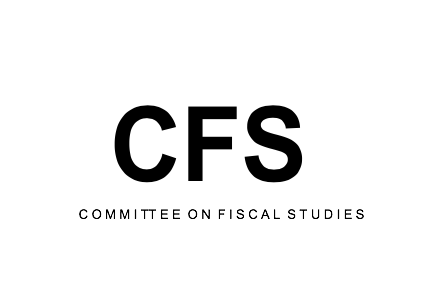
We are proud to publish our inaugural Journal on Financing for Development. The idea for developing this journal arose out of the need to widely share the research and thinking of our academic and professional guests who were invited to speak at our Tax Talks public forum at the University of Nairobi, School of Law. These Tax Talks have been organised by us; the Committee on Fiscal Studies, since 2017 and have brought to the fore central issues around fiscal studies highlighting how and why fiscal laws and policies matter as an instrument of governmental and societal power. Relatedly, our Tax Talks have focused on addressing concerns around socio-economic justice and sustainable development to better understand how finance can solve and mitigate these concerns. It is our hope that this journal presents our readers with further reflection on the interplay between socio-economic realities with national and global fiscal landscapes. Accordingly, in this volume, seven thematic areas are presented and discussed from a legal, anthropological, business and faith-based perspective.
The first theme is on tax treaties presented by Professor Picciotto. He studies the interactions between national and international tax laws with respect to tax treaties. This is in order to understand the role of law and lawyers in creating complexity and obscurity in the interpretation of legal texts thereby restricting access to only those with the resources to invest in the intellectual capital needed to master tax related arcane concepts and language.
The second theme is on fiscal philosophy discussed by Professor Waris. She investigates whether African countries have a clear written fiscal philosophy and policy that captures the retention of mobilised resources for development investment oriented towards economic growth. Her paper proposes a concrete principled analysis of what philosophy and principles ought to guide all fiscally related decisions of a state and its constituent society.
The third theme is on religious discourse examined by Dr. Jörg Alt SJ. He considers the interplay between religion and tax principles in order to optimize the allocation of sources of revenue to curb social inequalities. His paper proposes a model based on Catholic Social Teaching to reduce instances of tax evasion and exploitation by the liberal market.
The fourth theme is on e-commerce set out by Dr. Mwencha. He comments on how digital developments can lead to broadening the tax base of developing countries. His paper focuses on the challenges of e-commerce models and the problems they present for revenue authorities to determine tax liability.
The fifth theme is on digitalising tax presented by Ms. Elmi. In her paper she attributes societal injustices to historical (including colonial) influences on the formulation of tax legislation. Her paper argues that discriminatory and oppressive practices in organizing pre-modern society and centralizing fiscal power has resulted in ineffective tax administration and restrictions towards shifting tax governance to contemporary digital models in order to optimize its collection.
The sixth theme is on public procurement examined by Mr. Thiankolu. He explores how discretion in the regulation of procurement has resulted in redirecting financing for development towards private interests thereby stunting economic growth and reducing spending on public goods.
The final theme concerns Savings and Credit Co-operatives Societies in Kenya commented on by Ms. Saina. She introduces the legal and regulatory framework for SACCOs briefly arguing for their tax exemption, since their aim is to promote pro-poor growth. Taxing SACCOs therefore results in negligible savings by the poor.
Not only have our authors focused their attention on what constitutes socio-economic justice and sustainable development, their scholarship greatly helps us to better understand how finance can solve and mitigate the fiscal concerns set out in their discussions. This journal is indebted to them.
I am pleased to announce this journal.
Lyla A. Latif
Managing Editor
July 2019


